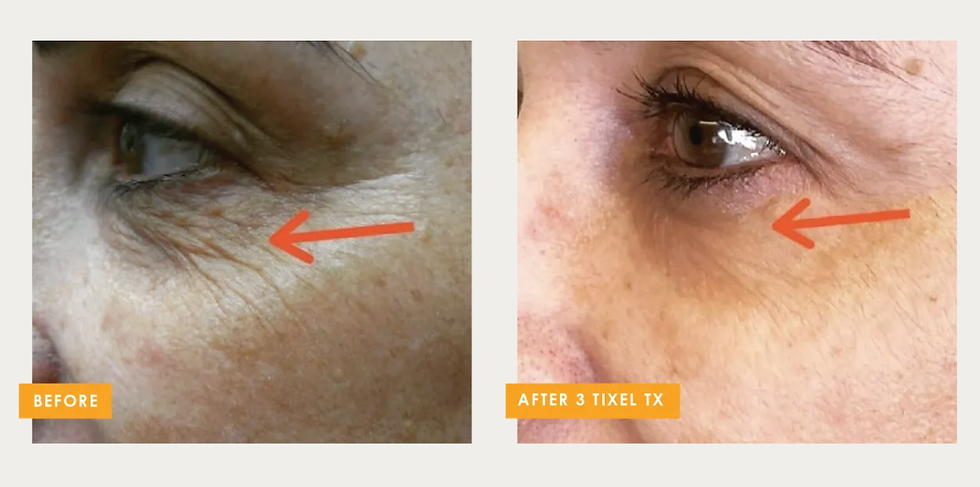Why sunglasses are so important
- Envision Optometry
- May 1, 2019
- 2 min read
May is the month of ultraviolet awareness, and with summer just around the corner, we want to educate on the importance of UV protection! Sunglass wear is ABSOLUTELY vital to protect your eyes from the sun's harmful UV rays.
What are UV rays?
Ultraviolet (UV) light rays are emitted from the sun. There are 3 types: A, B, and C. For the most part, UVC is absorbed by the ozone layer, but UVA & UVB rays can harm your eyes both in the short-term and the long-term. These solar rays have a shorter wavelength, meaning they also impart higher energy that disrupts/damages your delicate eye tissue (early wrinkles, anyone?).

If you've ever been skiing and didn't use sunglasses, you might have experienced something called "snow blindness" or photokeratitis, which is essentially a sunburn on your corneas. This is caused by UV light rays reflected off of snow (or sand, water, and ice). Without sun protection, the front surface cells of your eyes are damaged and cause red eyes, light sensitivity, tearing, and dryness. While painful, these cells do regenerate and heal.
In the long-term, solar radiation causes earlier and faster progression of cataracts (a clouding of the lens inside the eye), increases your risk for macular degeneration (deterioration of your central vision), and significantly increases the risk of skin cancer on your eyelids, especially in those who are fairer skinned and have lighter-colored eyes.
How can I protect my eyes?
Wear sunglasses! Look for sunwear that blocks 100% of UVA and UVB radiation. You'll thank yourself when you're older.
Should I get polarized?
Absolutely. Polarized sunwear and non-polarized sunwear both block glare emitting directly from the sun. However, polarized sunwear cuts the glare reflected off of horizontal surfaces (roads, ski slopes, water, cars). This drastically improves the clarity of your vision so you can fully enjoy all the outdoor activities summertime has to offer, while also protecting your eyes. You won't regret it.





Comments